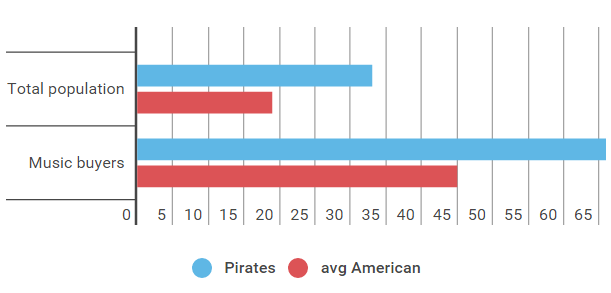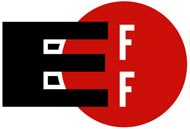 For much of the last decade, PayPal was used on hundreds of file-sharing sites and services in order to accept donations from users. It was convenient for everyone concerned but copyright holders were less than impressed.
For much of the last decade, PayPal was used on hundreds of file-sharing sites and services in order to accept donations from users. It was convenient for everyone concerned but copyright holders were less than impressed.
Slowly but surely PayPal, along with payment processors including Visa and Mastercard, were put under pressure to either server their links with piracy-focused sites or raise the bar so that sites operating in potential gray areas would find it difficult to meet strict criteria. PayPal later required that file-sharing services obtain pre-approval before using their facilities.
After 14 years of doing business with PayPal, in 2015 veteran P2P file-sharing software Soulseek found itself a victim of the payment processor’s tightening grip. The non-commercial music-swapping service had used its PayPal account to receive donations from users but all that came to an end when PayPal abruptly closed its account.
After being stonewalled by PayPal who had permanently limited the service’s account, Roz Arbel (who runs Soulseek with husband Nir) reached out to the EFF, who intervened on the service’s behalf. The decision worked wonders.
“Thanks entirely to Rainey Reitman, the EFF’s Activism Director, we are very happy to announce that our PayPal account has been restored!!!” Soulseek announced.
“As the EFF has helped us many times in the past, it seemed natural to reach out to Rainey, who has written a number of EFF blog posts specifically about PayPal and credit card companies. We want to send a shout-out to Rainey Reitman and the EFF for all that they do.”
In a piece penned by Rainey Reitman herself, the EFF says that the actions against Soulseek represent a rising threat to free speech.
“Threats to free expression online can come in many forms, but shutting down or limiting a law-abiding website is censorship,” Reitman writes.
“While the situation with Soulseek turned out well in the end, we’re concerned about the many websites we haven’t heard from that may be facing similar problems. It’s time for the payment providers to start erring on the side of supporting legal speech and let courts — not arbitrary corporate policies — decide what content should be censored.”
It’s been known for some time that PayPal now requires file-sharing and related services to obtain pre-approval to a set of strict standards, but Soulseek was actually given a questionnaire to complete in order to validate its service with PayPal.
Reproduced in full below, it’s the clearest indication yet that copyright holders are breathing heavily down PayPal’s neck and if they didn’t actually write the questionnaire themselves, they certainly played a massive role in its production.
———————————-
1. Business Overview. Please provide a general overview of your business, identifying all related website URLs or apps, describing the services you offer and how revenue is earned, and indicating how you use or would like to use PayPal’s services. (The terms “you” and “your” refer to your business in the remainder of this questionnaire.)
2. Typical Usage. Please describe the kinds of files that are most often stored or transferred using your services (indicating, for example, typical file types, sizes, content and/or other relevant attributes) and, to the extent of your knowledge, the typical purposes that your customers have for using your services.
3. Incentives for Uploaders. Do you offer rewards, cash payments or other incentives to some or all users who upload files? If so, please describe your related practices, including the criteria used to determine the nature and amount of incentives that users are entitled to receive.
4. Membership Tiers and Benefits. Please describe any membership tiers, subscription plans or service levels that you offer (e.g., “free,” “premium,” etc.), indicating for each any payments required and the main benefits users receive. Are paying users entitled to enhanced benefits related to downloading or otherwise accessing files uploaded by other users, such as faster access speeds, higher allowances for total amount of data accessed, or the reduction/elimination of wait times, captchas or advertising? If so, please describe the related terms.
5. Forum Codes. Do you offer “forum codes,” “URL codes,” “HTML codes” or other features that facilitate the incorporation of links to uploaded files on third-party websites? If so, please describe such features.
6. Link Checker. Do you offer users a link checker or other functionality that helps users determine whether links to uploaded files have been disabled. If so, please describe such functionality.
7. File Deletion. Please describe any practices you employ related to the expiration, purging or other automated deletion of uploaded files. Is the timing of a file’s deletion influenced by the frequency with which it is downloaded or otherwise accessed? If so, please explain.
8. Information Collection. Do you collect information about the uploaders of files? If so, please describe your related practices, including whether you collect any of the following: name, postal address, email address and IP address.
9. Repeat Infringement. Please describe any practices you employ to prevent users of your system from uploading copyright infringing files on multiple occasions. Please include information about any technological methods you use to identify repeat infringers, such as methods involving the IP addresses of computers used to upload files. If a policy or other information related to repeat infringement is available on your website, please provide a link.
10. Copyright Infringement Reports. Please describe your practices related to soliciting, receiving and responding to reports from third parties about copyright-infringing files accessible through your service. If a policy, reporting instructions or other information related to such practices (e.g., a DMCA policy) is available on your website, please provide a link.
11. Illegal File Reports. Please describe your practices related to soliciting, receiving and responding to reports from third parties about illegal files accessible through your service (other than reports of copyright infringement covered by Item 10 above). If a policy, reporting instructions or other information related to such practices is available on your website, please provide a link.
12. Monitoring. Do you employ any practices involving the monitoring of uploaded files to identify and remove copyright infringing files or other illegal files? If so, please describe those practices, including any manual review or automated scanning of files performed by your staff or by any third-party firms. Please indicate the names and website URLs of any such third-party firms.
13. Law Enforcement Cooperation. Please describe your practices with respect to responding to requests or orders from law enforcement, courts or other government bodies, such as information requests, discovery orders, search warrants and subpoenas.
14. Child Exploitation. Please describe any actions you take if you become aware that a file uploaded to your system involves child exploitation or any sexually-oriented depiction of a minor.
15. Other Controls. If you employ any processes or controls not otherwise covered in your responses to this questionnaire that are aimed at preventing or otherwise addressing any actual or potential use of your system for the storage or transfer of illegal files or for other illegal activities, please describe them.
16. Point of Contact. Please identify and provide contact information (including phone number and email address) for a person who will serve as PayPal’s point of contact with respect to our review of your business and any future inquiries or concerns we may have.
Source: TF, for the latest info on copyright, file-sharing, torrent sites and ANONYMOUS VPN services.

 If one had to create a list of the most influential torrent sites of the last decade, YTS/YIFY would certainly be among the top 10.
If one had to create a list of the most influential torrent sites of the last decade, YTS/YIFY would certainly be among the top 10.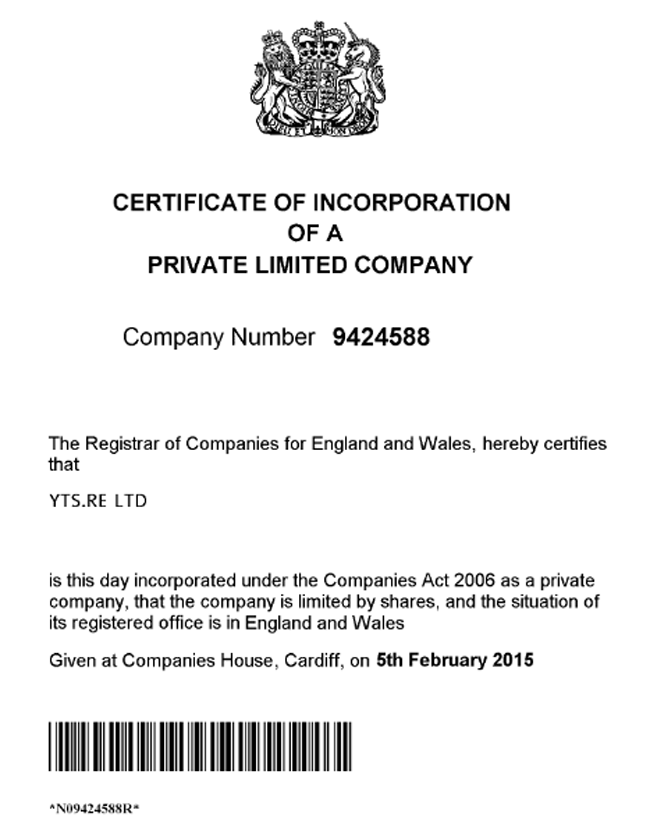
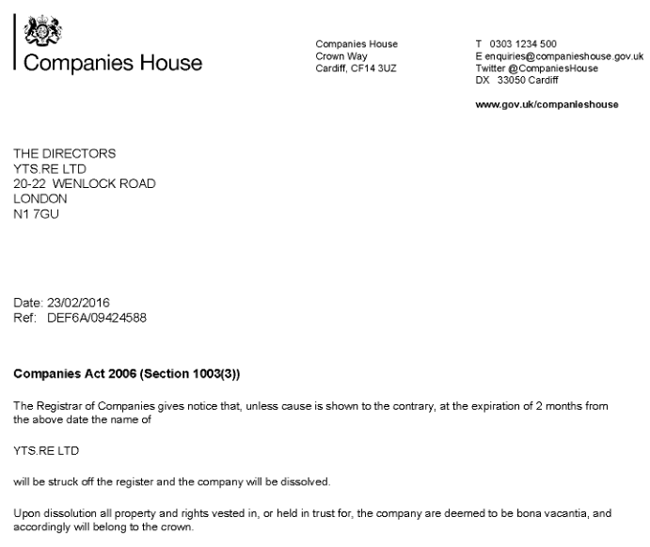

 After having
After having  Last month Netflix announced that it would increase its efforts to
Last month Netflix announced that it would increase its efforts to 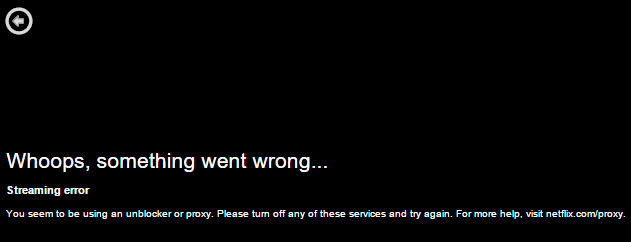
 Over the past several years numerous studies have looked at the effects of piracy on the music industry.
Over the past several years numerous studies have looked at the effects of piracy on the music industry. 